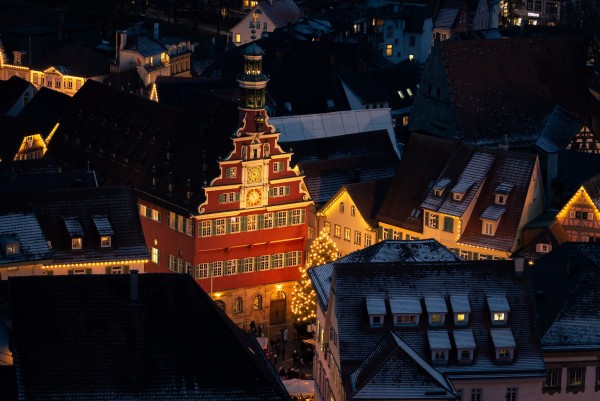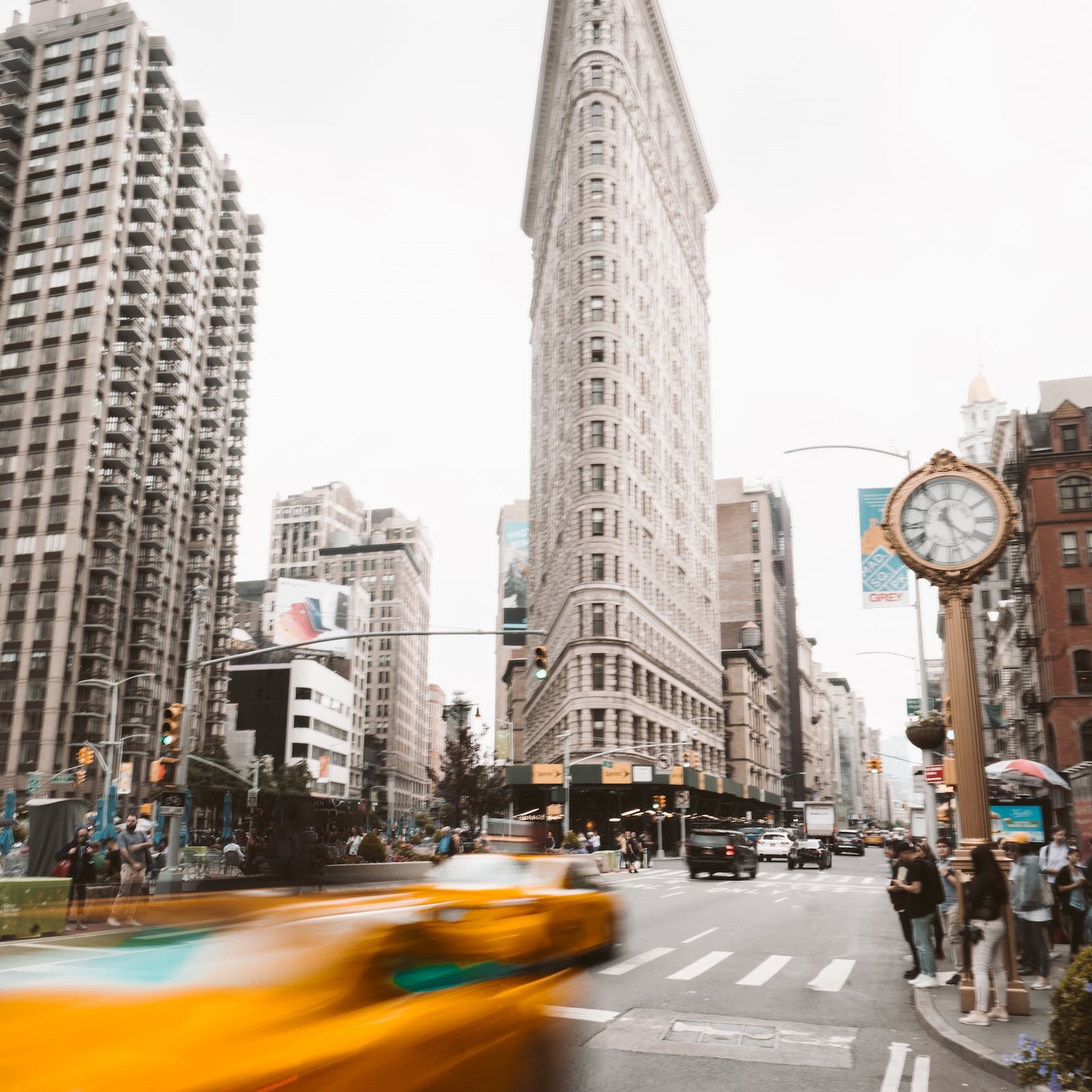智能城市推荐书单英语
As a资深 website editor, I am thrilled to present a curated list of must-read books that delve into the fascinating world of smart cities. These books offer a comprehensive understanding of the technologies, strategies, and challenges that come with creating and managing urban environments that are efficient, sustainable, and citizen-centric. Here is a selection of books that will inspire and educate readers about the future of urban living.
1. "Smart Cities: Big Data, Internet of Things, and the Future of Urban Space" by P. K. Agarwal and Anirudh Dhawan
This book provides an in-depth look at the intersection of technology and urban planning. It explores how big data and the Internet of Things (IoT) are transforming cities, making them more efficient and responsive to the needs of their inhabitants. Agarwal and Dhawan discuss various case studies and offer insights into the policies and practices that can help cities become smarter.
2. "The Smart City: Enabling Technologies, citizen Involvement, and Urban Development" by Géraldine Bouveret and Thierry Karsenti
This book examines the enabling technologies that are driving the smart city movement, such as sensors, mobile devices, and cloud computing. Bouveret and Karsenti also emphasize the importance of citizen involvement in the development of smart cities, highlighting the need for inclusive and participatory approaches to urban planning.
3. "Urban Informatics: Data-Driven Approaches to Understanding and Designing Cities" byCRC Press
Edited byCRC Press, this collection of essays offers a comprehensive overview of urban informatics, a field that combines data science, urban planning, and social sciences to create more livable and sustainable cities. The book covers a range of topics, from data collection and analysis to the design of urban spaces and the role of citizens in shaping their environments.
4. "The Responsive City: Engaging Communities Through Data and Technology" by Stephen Goldsmith and Susan Crawford
Goldsmith and Crawford explore the ways in which cities can use data and technology to become more responsive to the needs of their citizens. The book presents a series of case studies that showcase successful initiatives in cities around the world, offering practical advice for policymakers and urban planners.
5. "Smart Cities: A Guide to Creating a Sustainable, Resilient, and Inclusive Urban Environment" by Peter Smith
Peter Smith provides a comprehensive guide to the concept of smart cities, focusing on the importance of sustainability, resilience, and inclusivity. The book covers a wide range of topics, from energy and transportation to governance and social equity, offering a holistic view of the challenges and opportunities that come with building smart cities.
6. "The Internet of Things: From Theory to Practice" by Dirk Helbing and Christian Baur
This book offers a detailed examination of the Internet of Things (IoT) and its applications in urban environments. Helbing and Baur discuss the potential of IoT to transform cities, from improving transportation and energy efficiency to enhancing public safety and health. They also address the challenges and ethical considerations associated with the widespread adoption of IoT technologies.
7. "The City in the Digital Age: Transforming Urban Life, Work, and Communication" by Anthony M. Townsend
Townsend provides a thought-provoking exploration of the digital transformation of cities, examining the impact of new technologies on urban life, work, and communication. The book offers a historical perspective on the evolution of urban environments and presents a vision for the future of cities that is both innovative and inclusive.
These books offer a wealth of knowledge and insights into the rapidly evolving field of smart cities. Whether you are a policymaker, urban planner, or simply a curious reader, these texts will provide you with a deeper understanding of the technologies, strategies, and challenges that are shaping the future of urban living. As we continue to navigate the complexities of the modern world, these books serve as an essential guide to creating sustainable, resilient, and inclusive cities for generations to come.











